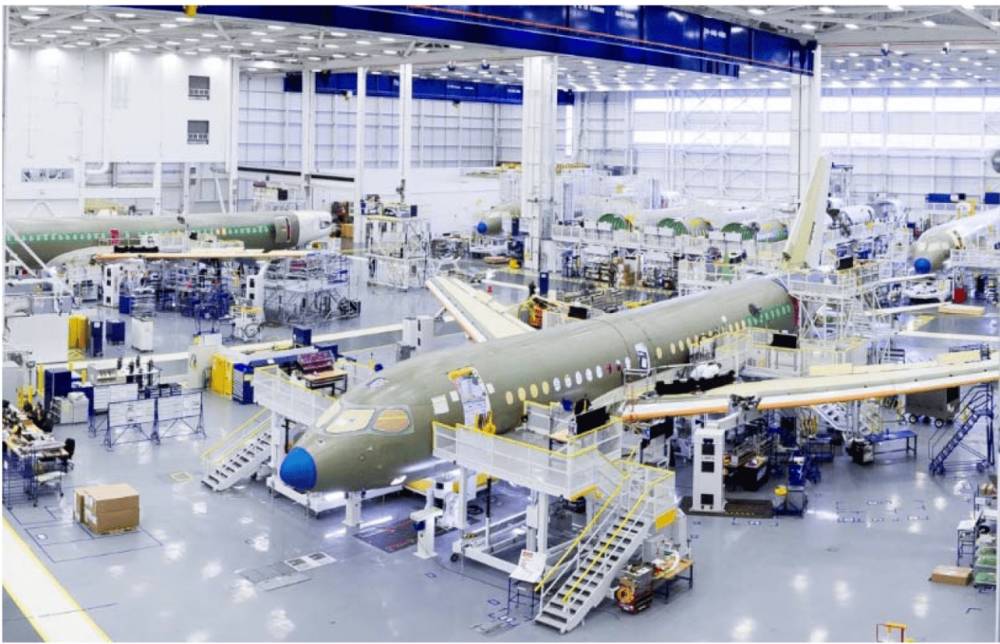- The Airbus production facility in Mobile, Alabama, recently celebrated a significant achievement with the completion of its 50th Airbus A220 aircraft.
- The manufacturing rate at this facility is expected to ramp up to four aircraft per month, addressing the rising demand.
- Persistent supply chain disruptions in the aviation industry have prompted Airbus to maintain strong connections with its suppliers, ensuring smooth operations and open communication with customers.
MOBILE — Marking a commendable achievement, Airbus's production facility in Mobile, Alabama, witnessed the roll-off of its 50th A220 aircraft from the final assembly line. This facility started its deliveries amidst challenging pandemic times, handing over its inaugural A220 to Delta Air Lines in October 2020. It primarily caters to U.S. airlines, such as Delta, JetBlue, and Breeze. While this focus on domestic carriers is set to continue, Airbus remains open to diversification depending on the source of new orders.
Scaling Up Production Amid Global Challenges
Vicente Iglesias, Airbus’s A220 program head in the U.S., highlights that both the Mobile facility and its sister-plant in Mirabel, Montreal, are progressing towards enhancing their production to four aircraft each month. Currently, the Mobile plant’s output remains approximately half of this target. "Our processes are evolving and improving daily," he remarked. The Alabama plant boasts a workforce of approximately 600 individuals dedicated to the A220. Despite global staffing challenges in the aerospace sector, the recruitment process has been somewhat smooth. Factors contributing to this include the presence of several aviation firms in Alabama and the strong referrals by its early employees.
Addressing the Supply Chain Bottleneck
The aviation sector, including Airbus's Mobile facility, has not remained untouched by the pervasive supply chain disturbances, anticipated by experts to persist until 2024. Airbus's strategy revolves around maintaining robust connections with all its suppliers, regardless of their role in the assembly process. Iglesias pointed out that significant aircraft contributors also face their set of supply chain challenges, necessitating a unified approach. Airbus is proactive, ready to intervene and assist suppliers in refining their plans or methods.
Moreover, Breeze Airways' president, Tom Doxey, stressed the importance of manufacturers assisting operators in mitigating delays. He emphasized the need for timely alerts regarding potential delivery postponements, ensuring adequate planning for airlines. Echoing this sentiment, Iglesias emphasized transparency with Airbus’s clients, stating, “Even if it means delivering unpleasant news occasionally, it's essential to provide our customers with realistic timelines.”

